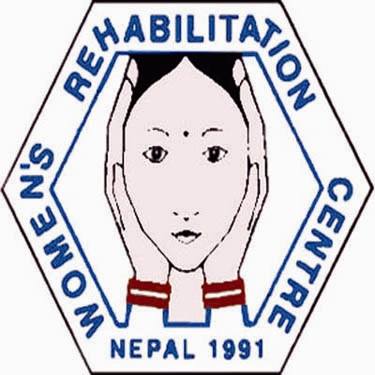
National consultation on the “Implementation of the Beijing Declaration and platform for action (BPfA) +25”
The National consultation on the “Implementation of the Beijing Declaration and platform for action (BPfA) +25” was organized by WOREC in collaboration with NIWF on 10th July 2019 in the support of APWLD. The national consultation reviewed Women in Power and Decision Making, Women and Health, Violence Against Women and the Girl Child along with the concern of indigenous women as cross-cutting issue among the 12 areas of concerns of BPFA. The consultation assessed Nepal’s progress in implementing the commitment made in BPfA as well as to identity the key barriers to implementation and to propose recommendations to accelerate the implementation of the BPfA at the national level. Consultation was conducted based on the information and research conducted in 10 districts from 7 provinces after the selection of the two member organizations, WOREC & NIWF. More than 70 representatives including the members of civil society, officials from UN agencies, and participants from 10 districts from all seven provinces participated in the program
Ratna Kaji Shrestha, an expert on the issue and the facilitator of the program stated impact of globalization on the issues of women and need to address these issues. He added, despite the globalization and new changes around the globe, the rights of the women has been pushed behind and has turned out to be a bigger issue. While, the implementation part is very weak, the coming year seems to be very important in the sense that the various convention has its review.
Mala Rai from NIWF presented the status of women in power and decision making presenting the fact that struggle of women’s representation in legislation and executive is longer than 70 years. The history of women in power and decision making in the Nepal seems to be progressive. The constitution of Nepal also has a separate article for ensuring women’s right and their participation in all the sector stepping towards ending the gender inequality. However, despite all the progress and step taken targeting women, women are still facing discrimination and are not being inclusive in leadership and decision making. Representatives in local level are not found to be open and willing to provide opportunity to women.
The forum discussed elected women in the decision making position lack meaningful space in decision making process, patriarchal way of thinking and lack of proper structural mechanism in the local level authorities needs to be addressed.
Likewise, discussion called for formulation of effective strategies and plans for securing the health rights of the women, inclusion of comprehensive sexuality education at school level, increment in women and adolescents friendly service, establishment of psychosocial counseling centres, provisions of free sanitary pad without any tax as it is the basic need of girls and women. Participants also suggested that women’s health should not be limited to Sexual reproductive health and women’s health should not be commercialized.
Furthermore, it was discussed that discriminatory treatment among the girl child and boy child exist in all the sectors, hence, policies of Convention on the Rights of the Child should be followed.
***
For a PDF version of this article, click here


